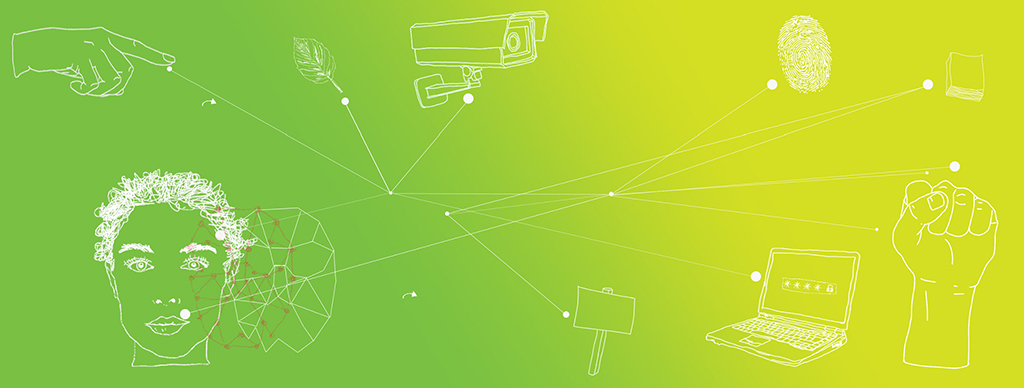advertisement
PIN Launches A Groundbreaking Tool For Reporting The Violation Digital Rights

Paradigm Initiative, PIN, has launched a groundbreaking new platform for the protection of the digital rights of all African citizens, during the closing session of the Digital Rights and Inclusion Forum 2021.
Dubbed Ripoti, the platform is a first of its kind on the continent and will allow citizens across Africa to report violations of their digital rights, then connects them with experts who can help them seek justice.
“Digital rights are just as fundamental as all other human rights,” said ‘Gbenga Sesan, Director of Paradigm Initiative. “We have seen a worrying increase in digital rights violations across Africa. Until now, citizens have had no easy way to protect their rights by tracking and reporting these violations. Ripoti empowers them to do that.”
advertisement
The digital world has become a critical space for economic activity, access to emergency services, and the exercise of freedom of speech and freedom of the press. But there are growing instances of cyberbullying, online gender violence, internet censorship, or the illegal use or accessing of an internet user’s information, a trend emboldened by health surveillance during the pandemic.
With the Covid-19 pandemic pushing many more people online, many of the vices and violations that used to exist only offline have now started to crop up in the digital space, including violence against women, the illegal use of user information, the violation of e-consumer rights, and more. More information can be found in LONDA – Digital Rights and Inclusion in Africa Report 2020 launched by Paradigm Initiative.
“For many years, Paradigm Initiative has actively documented cases of digital rights violations and offered litigation support to victims,” said Boye Adegoke, Senior program manager at Paradigm Initiative. “Eventually, we started to get overwhelmed by the number of violations we had to monitor. It became clear that we needed to create a communal, strategic, and systemic response to these many incidents of digital rights violations. RIPOTI is the answer, and we’re excited to share it with people across Africa.”
advertisement
Digital rights violations in Africa: A worrying trend
A growing number of Africans are using Information and Communications Technology (ICT) on a regular basis, which has made digital technologies critical to the enjoyment of their rights and improvement of their livelihoods. However, many governments have taken steps to undermine internet access and even encroach on civic participation and the right to.
For more information, visit www.ripoti.africa ripoti@paradigmhq.org freedom of expression online.
Some countries have also cracked down on human rights defenders or journalists who challenge the state authorities.
Some recent examples of this phenomenon:
advertisement
• In Ethiopia, the internet has repeatedly been cut off during times of social unrest. The same phenomenon has been reported in Cameroon.
• In Nigeria in January 2021, a news website is known for being critical of the government was blocked, allegedly on government orders.
• On the eve of the Ugandan general elections in January 2021, the country’s internet was shut down for weeks. The president justified the shutdown by saying that it was in retaliation for Facebook removing some pro-government accounts.
• In Tanzania, telecom companies in the country were ordered to suspend bulk SMS, bulk communications, and individual messages with keywords”CHADEMA”, “LISSU” until after the elections in a bid to weaken the opposition
• In Burundi, on election day Whatsapp, Facebook, Instagram, and Yahoo mail were all made inaccessible. Authorities cut access to social media networks.
“Citizens’ rights to express themselves online and offline and gather and disseminate information and ideas are critical to the fate of democracy in Africa,” added Sesan in conclusion. “Not only that, but the absence of data privacy and protection, illegal and blanket surveillance, internet shutdowns, and other rights violations all impact
negatively on democracy and economic development. The centrality of digital rights makes them the business of all citizens.”